This is the first installment of our Star Wars Week review series. We would link you to something else worth your while, but unfortunately it’s all yet to come. Stay tuned!
Much has been written of The Phantom Menace in the past sixteen years; it’s infamous disappointment, how it impacted geek culture, and the raging argument over whether it’s actually any good. So much has been written that it’s unlikely this review – along with the other five for the rest of the Star Wars saga – will do much to change perceptions of it. That’s why, rather than focusing on all the elements which have been discussed to death (Jar Jar, Anakin as a kid etc), I’m gonna try and pick apart some aspects of the film which haven’t been talked about as much, and hopefully offer some nice insight along the way. Chiefly, the thing that leapt out at me upon my rewatch is that this is a movie that doesn’t know what it wants to be, other than a Star Wars prequel.

The first thing I noticed upon my rewatch is that the first couple of minutes aren’t awful (although the opening crawl is certainly dull). Much like A New Hope, the audience is thrown into the midst of some kind of galactic conflict, but this time everybody knows who the Jedi are and what they can expect to see. We’re introduced to the idea that the Jedi are badasses, a shadowy guy who looks very much like the Emperor, a Yoda name-drop and affirmation that the galaxy wasn’t exactly all fun-and-games prior to the Empire.
That doesn’t mean that the opening is necessarily good, and everything quickly goes downhill. Embarrassing racial stereotypes, those blasted battle droids and clunky dialogue are big offenders, but the major problem is the lack of urgency. While the movie doesn’t open with action like A New Hope does, that doesn’t render the situation any less important. Considering that a private organisation is blockading a major Republic planet for no apparent reason, you’d think the Jedi would be even a little frustrated. But they’re not. They’re relatively laid back, actually. Right off the bat there is little to no tension in anything that’s going on, which is a problem that impacts the two sequels.
However, things just get completely messy from here, and you can see why it’s such a divisive movie. The plot developments make sense and build on one another; at the same time, it’s a boring, plodding plot. The new creature designs are cool and interesting; on the other hand, they’re the focal point for the entire underwater sequence, which could have easily been cut in favour of a dialogue-driven scene in the ship, which also could have informed us why Jar Jar was banished and given us a little more information on who Qui-Gon and Obi-Wan are. Then there’s the straight-up bad elements: the acting is terrible, the battle droids are clunky cariactures, and Jar Jar speaks for himself.
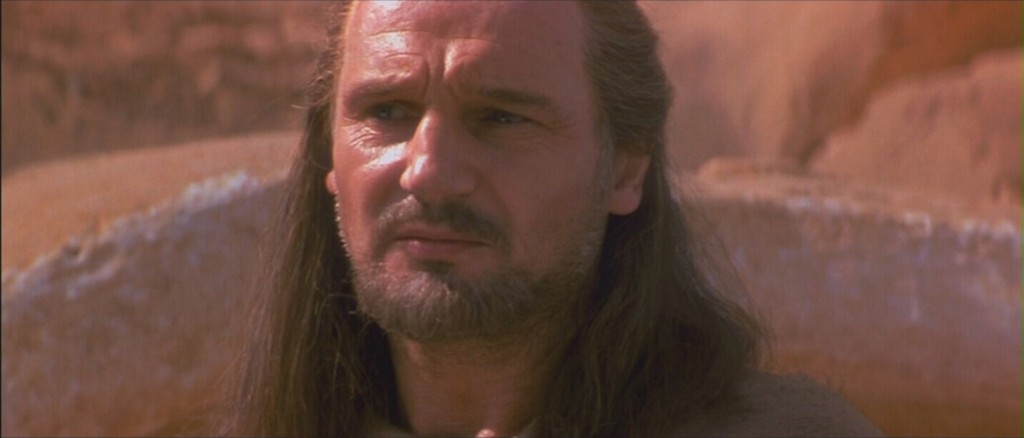
Through the first fifteen minutes, there’s still no clear indication as to who is our protagonist. It’s a conversation which has dominated discussion since 1999, because The Phantom Menace never specifies who we should be rooting for. The need for a central protagonist isn’t there in all fiction, but with something as expansive and alien as Star Wars it’s pretty necessary. It seems to be Qui-Gon, as he’s the one driving all of the action. However, the story isn’t about him in terms of both plot and themes, leaving Obi-Wan. He’s certainly the most logical choice, as we already know him from the Original Trilogy and there are elements of him which are reminiscent of Luke (young, reckless etc). But he spends most of the movie sat on ships, and like with Qui-Gon, doesn’t resonate with the story. And it’s definitely not Anakin.
I’m not sure whether this was intentional or not. Both Anakin and Qui-Gon embody elements associated with protagonists; they drive parts of the plot (Anakin with the pod race, Qui-Gon with doing pretty much everything), so in that sense it could be argued that Lucas wanted it to feature tritagonists (OK, that’s not the correct usage, but you get my meaning). On the other hand, given the multitude of script issues this film has, it’s just as likely it’s unintentional.
Compare this to A New Hope, where it’s so incredibly apparent that Luke is our main character. There’s just something about his introduction that screams “this is our guy,” a matching of the score, tone and dialogue that just isn’t there when we first meet Han or Leia. Honestly, if Lucas just decided who our focal point in the first prequel should have been – be it Qui-Gon or Obi-Wan or Anakin – then it certainly would have been a lot stronger from the get-go.
The next hour or so is one of the most dull and forgettable in modern blockbuster history. Everything from the acting to the tone to the pacing to the plot itself needs major work, and you’d be forgiven for forgetting that Coruscant even appears in The Phantom Menace because it makes such little impact. At least Tattooine contains memorable scenes such as the pod race (which is the best and most energetic sequence in the film), and Naboo has the big battle at the end. Aesthetically, Coruscant is dry – it’s just a series of crowded shots with no visual flair coupled with a string of dull dialogue scenes. Characters state cold facts and then we move onto another scene of stating cold facts with little to no genuine acting going on. It’s pretty straightforward that any location in a story needs to have life to it, which can resonate thematically. The most we really get is Anakin stating that it’s “cold”. Real-world huge cities like London and New York are sprawling mazes that still end up feeling cramped and dirty; Coruscant is one giant city. It should feel like that on a galactic scale, but it doesn’t, or feel like anything at all.

Even though the film seemingly wants you to forget that this is all Palpatine’s grand plan by diverting to a completely separate Tattooine subplot for a quarter of the movie (and it almost succeeds – it’s all part of the identity crisis thing this flick has going), it’s impossible to ignore in a review. Which is unfortunate, because it’s really fucking stupid.
So, he instructs the Trade Federation (how?) to blockade Naboo in order to get Queen Amidala to sign a treaty to make the invasion legal (which is technically impossible). Why would she do this? Beats me. Two Jedi come along and he then tells the Viceroy and whoever the other guy is to have them killed, and the droids make a feeble attempt. If the Republic were to find out that they murdered two Jedi Knights whilst illegally occupying a member state then they sure as shit would rain hell down on the Trade Federation and screw up his plans – surely Palpatine must realise this?
Amidala then leaves Naboo and heads for Coruscant (fun note: is she seen once during the entire Tattooine subplot?), which actually works in Palpatine’s favour as he can lobby her directly. However, it turns out that it was all a ruse so he could get her to call for a vote of no-confidence in Supreme Chancellor Valorum, so that he could then become Chancellor. It’s unclear whether this was his plan the whole time or if he just took advantage of the situation – if it’s the former, then it’s completely nonsensical. If it’s the latter then it’s a little more straightforward, but even then it must be obvious to her that he’s only doing this to advance her own power. Unless she’s just an idiot, which is equally likely.
Despite all of that, it’s still unknown why Palpatine wants to invade and blockade Naboo in the first place. I get that it’s all (apparently) an elaborate scheme to become Supreme Chancellor, however the same could have been accomplished if he just got Darth Maul or Jango Fett or whoever to kill Valorum. As he’s the Senator for Naboo, surely the invasion just reflects incredibly badly on him – if he can’t even manage that planet, how can he govern the entire galaxy?
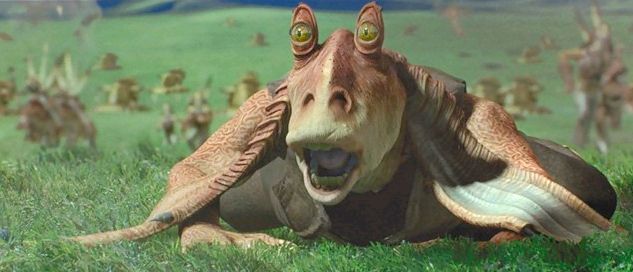
More than any of the thematic stuff (or lack of), The Phantom Menace is just weird. The humour is a complete departure from what was established in the Original Trilogy (see: “scruffy-looking nerfherder”) with fart jokes, classic sports commentators at the Pod Race, and Jar Jar Binks. Because of this, it sticks out like a sore thumb in a Saga which is either humourless or contains very mature and wry sensibilities – on top of being crude and unfunny in its own right.
Character decisions are weird (so, Qui-Gon can’t just rescue Shmi after he frees Anakin and gets the parts because…?) and the bounce from Naboo to Tattooine to Coruscant to Naboo to Coruscant to Naboo is weird – especially because Tattooine serves no narrative purpose aside from getting Anakin. As explained, Palpatine’s plan is weird. There’s just this incredibly weird tone to the movie which I can’t quite describe. Nothing in it feels particularly Star Wars-y, which is ironic given how the identity it attempts to carve out for itself is solely as an entry to the franchise, and how George Lucas just repeats lots of tropes and other stuff from the Original Trilogy. Oh, no – it’s rhyming.
A lot of time here has been spent on why The Phantom Menace doesn’t work; by-and-large, it doesn’t. However, there is something which it does get right that I’m convinced was completely unintentional as it’s hard to notice.
Part of the reason why the Original Trilogy works so well is because it’s an underdog story. People love it when the plucky young kid overcomes and defeats the big bully, which is effectively Star Wars in a nutshell. Fundamentally, the Prequels couldn’t repeat this, because it’s about the Republic at the height of its power; our protagonists are the big guys this time. Episode I, however, manages to do so. It’s two Jedi and a tiny gang of volunteer police and soldiers (basically rebels) along with a bumbling Gungan army, against the mechanical might of the Trade Federation and a Sith Lord – with no Republic backing. The good guys are all on their own and have to overcome the problems because of their determination and perseverance, not too dissimilar to how A New Hope played out. The movie still sucks, but at least George Lucas got one thing right.
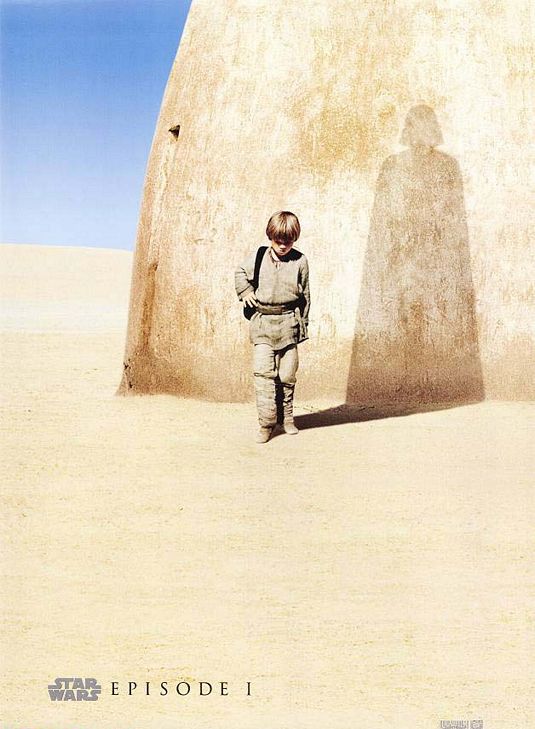
And so we’re back to the beginning – even with the same image. The headline promised you an identity crisis, and I’ve gone through so many different conflicting elements of the film that the issues this movie has are fairly evident. So evident that I already stated my point earlier in the piece. The Phantom Menace has a dozen different aspects to it which, if expanded upon, could completely transform it for the better. There’s the theme of family and moving away from home which is so integral to A New Hope that the franchise could have returned to; it’s there, but it isn’t captured particularly well. This could be furthered with Anakin’s integration into the Jedi Order, representing his new family and their differences – or potential similarities. There’s the whole underdog thing going on which I just talked about. Uprising of the old (Sith) against the “new” (Jedi) and their eventual defeat? The decaying of traditional values? A message of hope in that, despite all of this, there are still those who desire to do good?
There’s a ton of stuff George Lucas could have done, but the fact is that the finished product doesn’t have an identity, but rather multiple different ones meshed together to construct something which is simply a Star Wars movie, and that’s only identifiable because of the iconography and characters included. If you take that branding away, you have nothing. It’s got a naturally evolving narrative, but it’s all stuff which nobody really cares about. Think about it: this is a movie about a small, unknown planet being invaded by a trading organisation for some reason. Doesn’t really catch your eye, does it?
On top of being fun space fantasies, each film in the Original Trilogy had clear themes and messages to convey successfully. A New Hope is about exactly what the title suggests: hope. Luke discovers there’s a larger world out there and gives himself hope for the future; Han starts to hope as well and drop his pessimistic attitudes; the Rebellion creates hope for the galaxy through the destruction of the Empire. Admittedly, this is the film in which those messages are far broader and largely rooted in tone and direction, in comparison to the following movies which are much more focused and character-based in their ideas.
The Empire Strikes Back is about the triumph of the Dark Side over the Light, and how both are equally possible depending on the factors involved. The Rebels won first time around because they caught the Empire off-guard and Luke had the Force on his side – what happens when Vader and co step up their game? They find and destroy the Rebels’ hidden base. Han Solo, Leia, Chewie and C-3PO are unable to evade the Empire’s reach. Luke is unable to complete his training successfully. He’s unable to save them in time. He’s unable to defeat Darth Vader. It’s all about what happens when you fail, and when blind hope isn’t enough.
Return of the Jedi is a redemption story, but I don’t think it follows the same blind hope that was presented two movies prior. Luke, Leia, Lando and co successfully rescued Han from Jabba the Hutt because they developed a comprehensive plan and each member of the team played a different role. The Ewoks beat the Stormtroopers because they had rigged traps to mess with them. Luke brings his father back to the Light side because he knows that he was a Jedi once, so he can be a Jedi again. It’s essentially a marriage of the two different approaches presented in Hope and Empire. However, as I said, it’s about redemption and family (I think those are pretty clear).
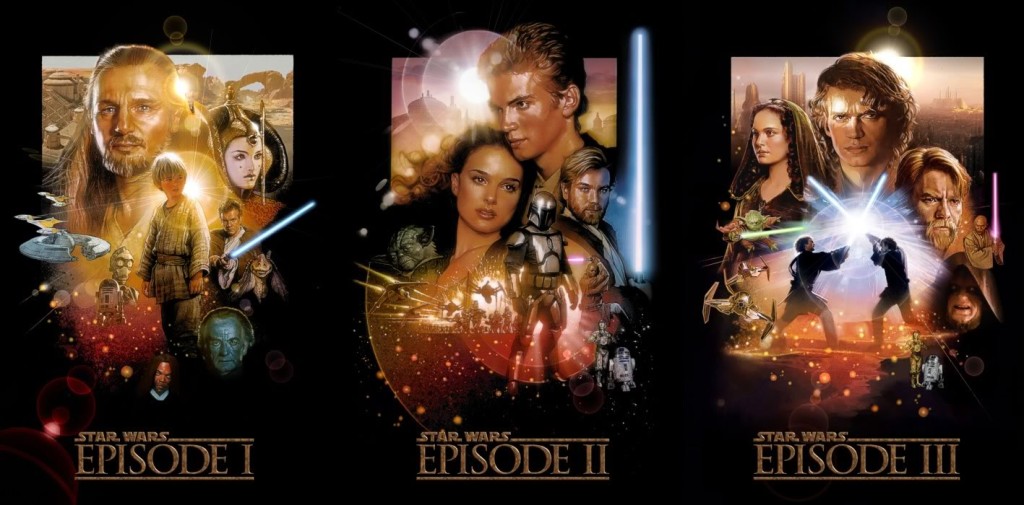
What’s The Phantom Menace about? The answer is nothing. I’d be surprised if even the most diehard of Prequels fans could pick out the hidden themes behind the movie, because there really aren’t any that spring to mind – and I’ve just finished watching it. Ultimately, that’s the big problem with the movie, of which all the others – Jar Jar, kid Anakin, lack of Darth Maul screentime, the list goes on – stem from. And that really sucks.
Thanks for sticking through the review, as well as the first official entry of Star Wars Week – and it was kind of a downer, right? Sorry about that. Tomorrow is Attack of the Clones, so it’ll be much more of a rip-roarin’, fun time on UTF!!!
Oh wait.

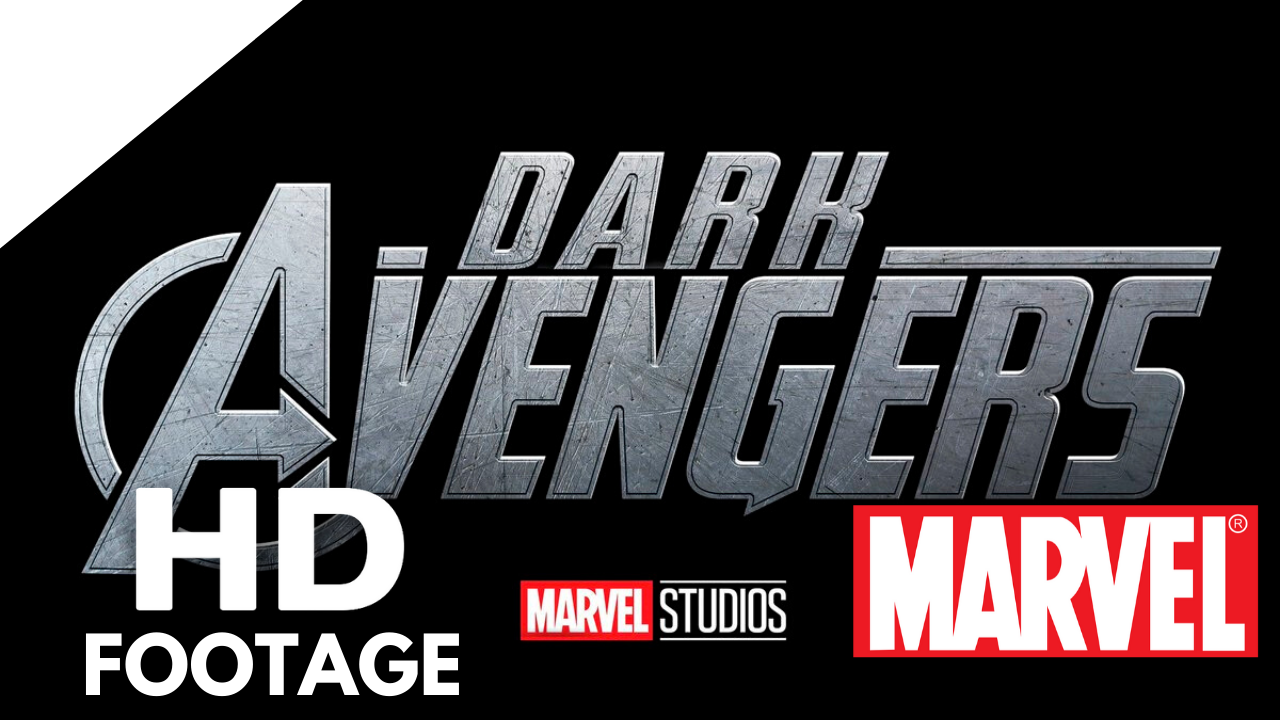
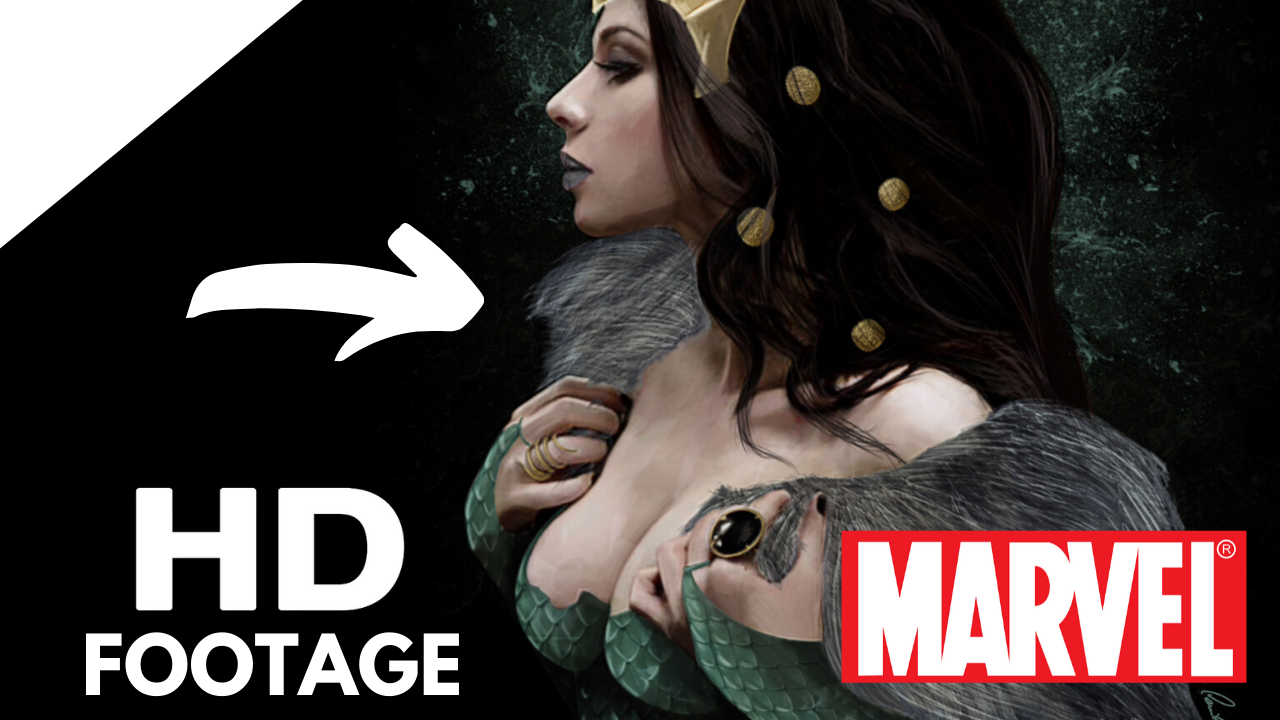
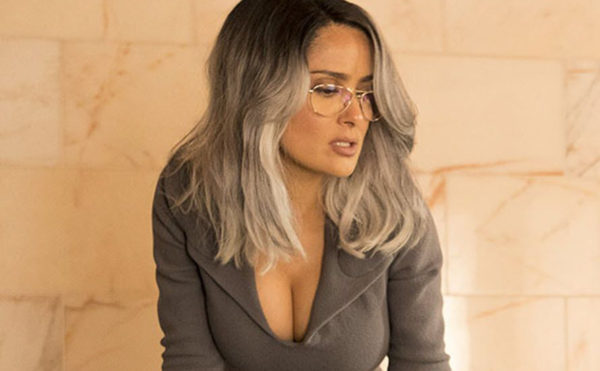
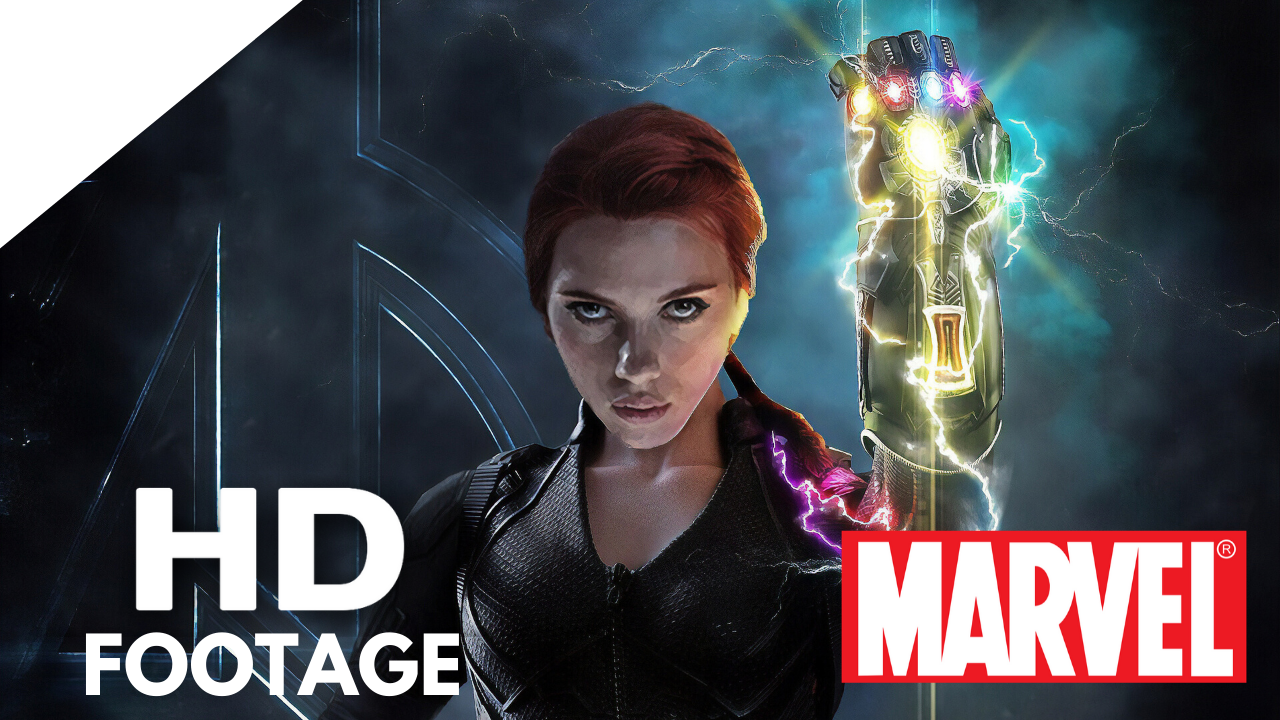
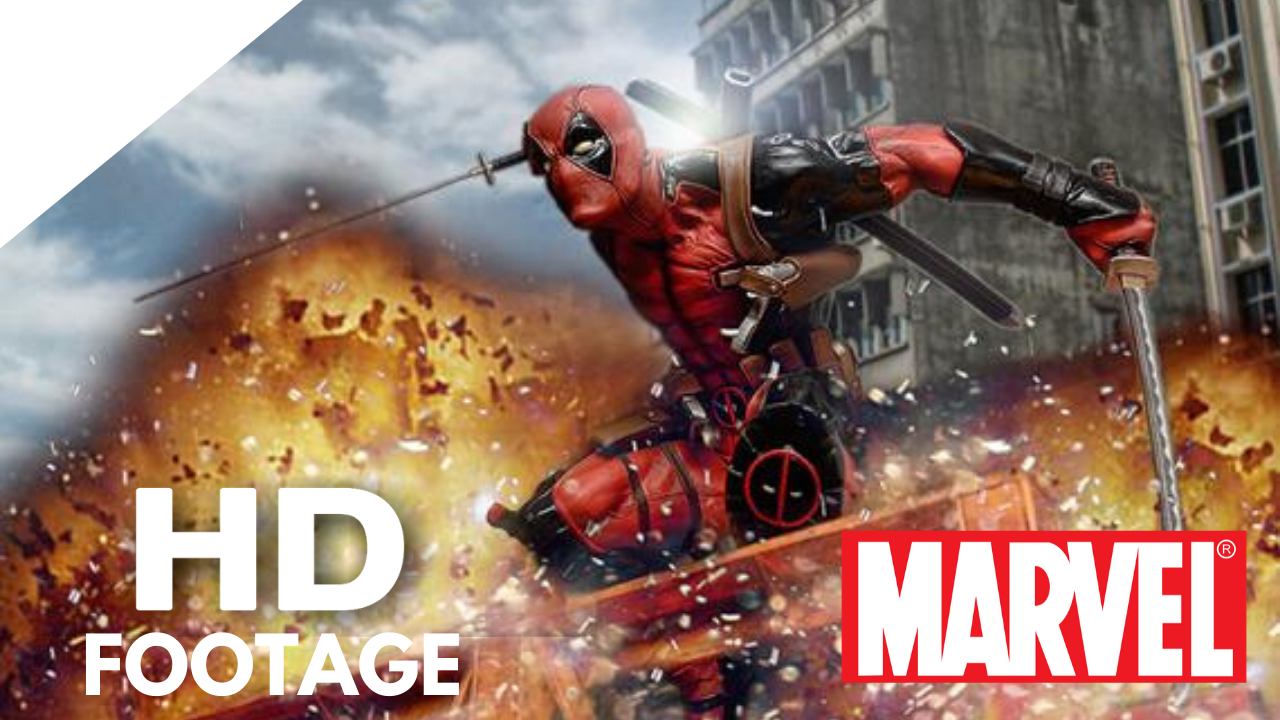
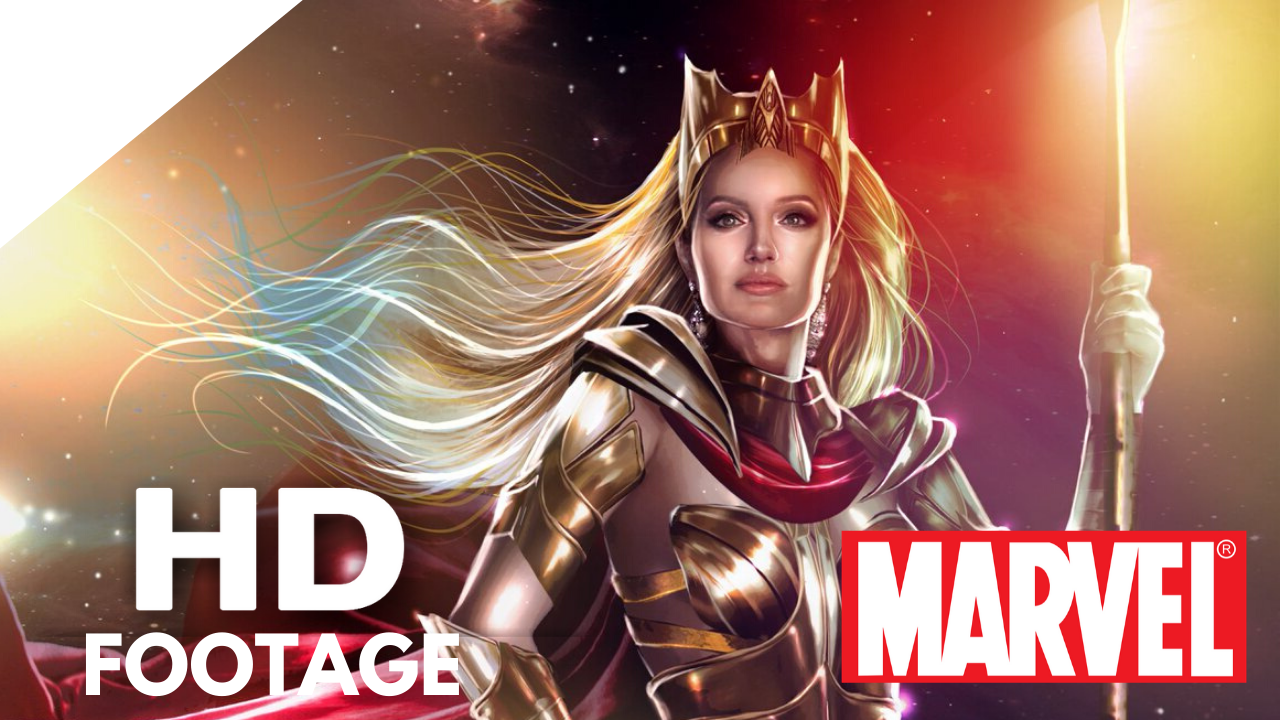
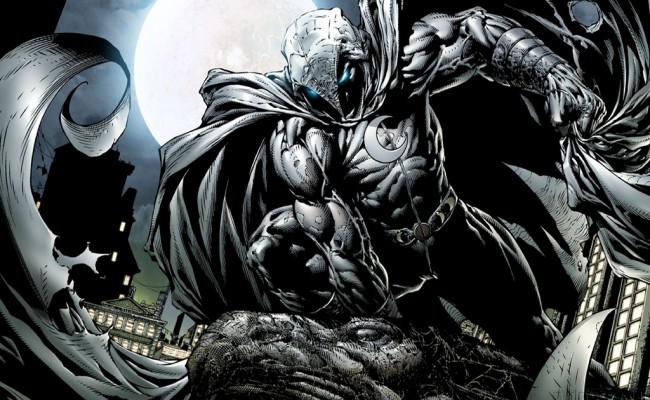
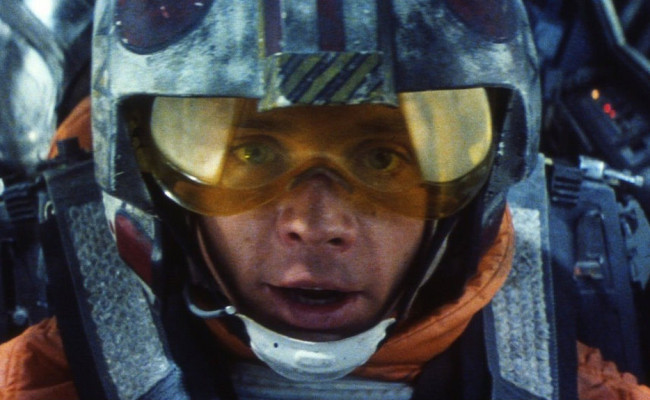
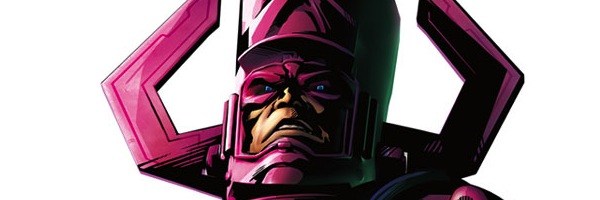
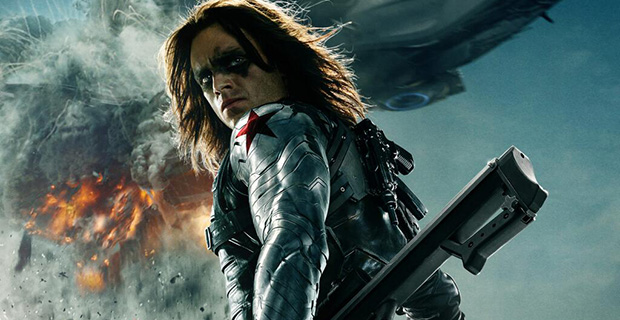
S#!T Talking Central